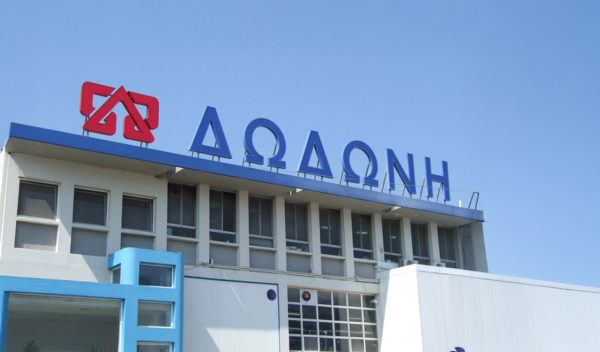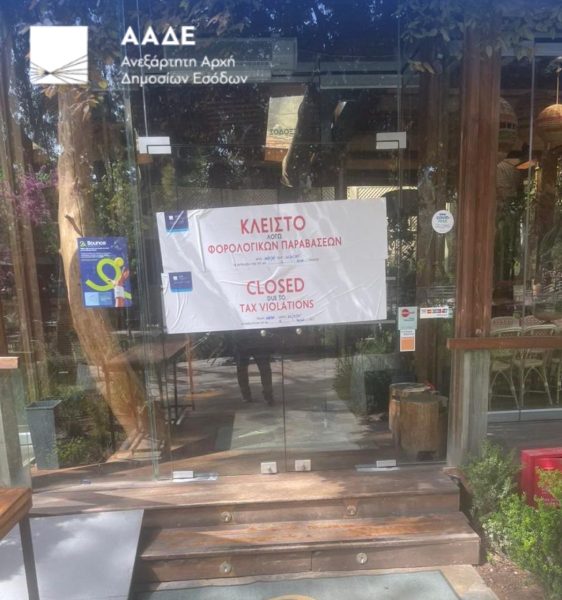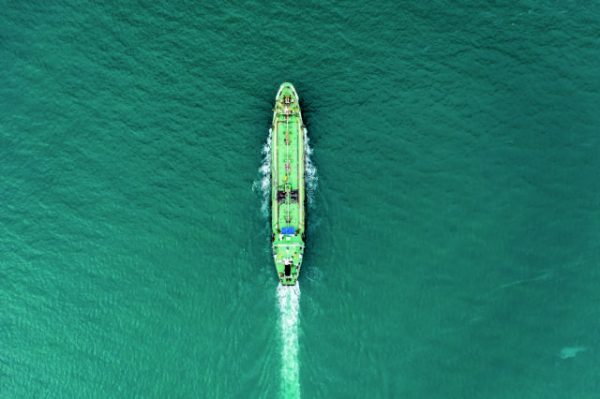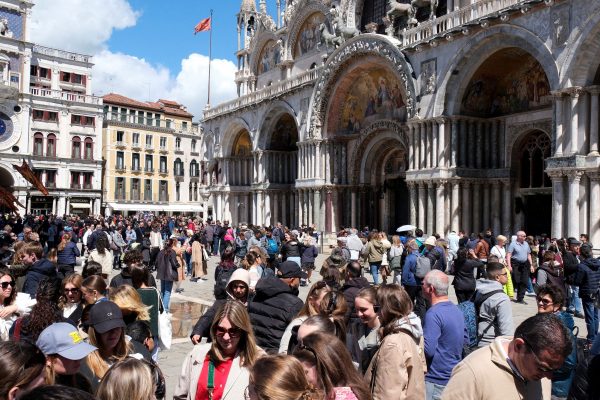
Small and Medium Enterprises in Greece are in a difficult position in relation to bank lending, according to a survey by the European Central Bank.
Although the liquidity of Greek banks has improved significantly, the lending conditions of Greek SMEs are among the worst in the Eurozone.
According to the research, 22% of loan applications submitted by SMEs in Greece are rejected, while this percentage in the EU is only 8%.
On the other hand, the data of the Bank of Greece show that Greek banks have received from the ECB subsidized liquidity of about 44.5 billion euros and deposits from the outbreak of the pandemic have increased by about 14 billion euros.
According to the ECB survey in the second half of 2020, in the EU on average 12% of companies said they needed more loans. In Greece, the percentage of companies that would like more loans reaches 33% (from 38% in the first half of 2021) and is by far the highest in the EU. Next are Portuguese companies with 27%. Approximately the same rates apply to lending lines where 21% of Greek SMEs would like broader lines, compared to 10% which is the EU average.
In the EU but also in Greece, only 3% of companies stated that the availability of bank loans has improved. In fact, regarding the financing lines, 5% in Greece answered that the situation has worsened. As a result, Greece has the highest financing gap (ie, the difference between the demand for new loans and their supply by banks) which stands at 14% when in the EU the average is only 4%. The result is rejections by the banks of loan requests by SMEs. Greece has the highest rate of rejection of requests reaching 22% when the EU average is only 8%.
According to the survey, 50% of SMEs reported receiving government support to alleviate their wage bill, 25% benefited from tax breaks, and 32% received other types of government support. Most of them said that these measures helped them to fulfill their immediate and short-term obligations, while about 50% believed that these measures would increase their ability to meet their obligations in the next two years.
Latest News

Hellenic Food Authority Issues Food Safety Tips for Easter
Food safety tips on how to make sure your lamb has been properly inspected and your eggs stay fresh.

Greek Kiwifruit Exports Smash 200,000-Ton Mark, Setting New Record
According to data by the Association of Greek Fruit, Vegetable and Juice Exporters, Incofruit Hellas, between September 1, 2024, and April 17, 2025, kiwifruit exports increased by 14.2%.

Easter Tourism Boom: Greece Sees 18.3% Surge in Hotel Bookings
Among foreign markets, Israel has emerged as the biggest growth driver, with hotel bookings more than doubling—up 178.5% year-on-year.

Greece to Launch Fast-Track Tender for Offshore Hydrocarbon Exploration
Last week, Papastavrou signed the acceptance of interest for the two Cretan blocks, while similar decisions regarding the two Ionian Sea blocks were signed by his predecessor

American-Hellenic Chamber of Commerce to Open Washington D.C. Branch
AmCham's new office aims aims to deepen U.S.-Greece economic ties and promote investment and innovation between the two countries

Why Greece’s New Maritime Spatial Plan Is a Geopolitical Game-Changer
This landmark development is more than just a bureaucratic step — it's a strategic declaration about how Greece intends to use, protect, and assert control over its seas

Eurozone Inflation Eases to 2.2% in March
Compared to February, inflation decreased in 16 member states, remained unchanged in one, and rose in ten.

Bank of Greece: Primary Gov. Surplus €4.1b Jan.-March 2025
The data released today by the Bank of Greece revealed that the central government’s overall cash balance recorded a surplus of €1.465 billion in the first quarter of 2025, compared to a deficit of €359 million in the corresponding period of 2024.

Greek Government Reissues 10-Year Bond Auction for €200 Million
The amount to be auctioned will be up to 200 million euros, and the settlement date is set for Friday, April 25, 2025 (T+5)

Greece Defines Continental Shelf Limits and Maritime Zones in Landmark EU Document
The Maritime Spatial Planning (MSP) framework represents a comprehensive approach to spatial planning and is crucial for the successful development of a blue and circular economy








![Πλημμύρες: Σημειώθηκαν σε επίπεδα ρεκόρ στην Ευρώπη το 2024 [γράφημα]](https://www.ot.gr/wp-content/uploads/2025/04/FLOOD_HUNGRY-90x90.jpg)

































 Αριθμός Πιστοποίησης
Αριθμός Πιστοποίησης